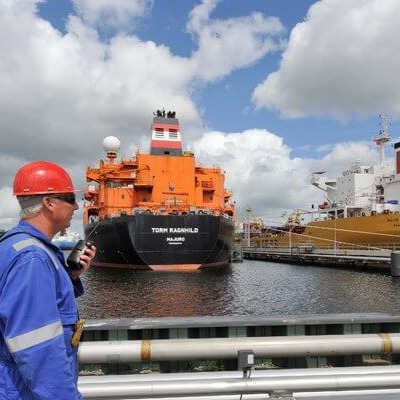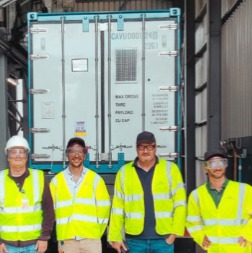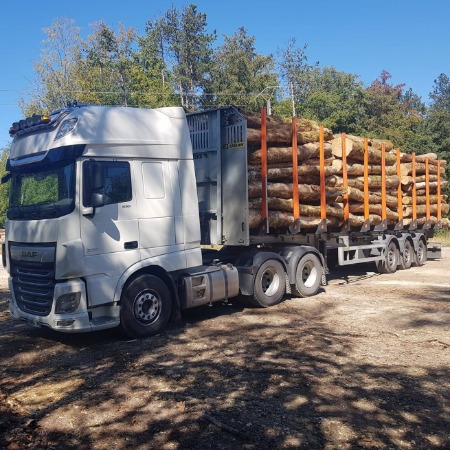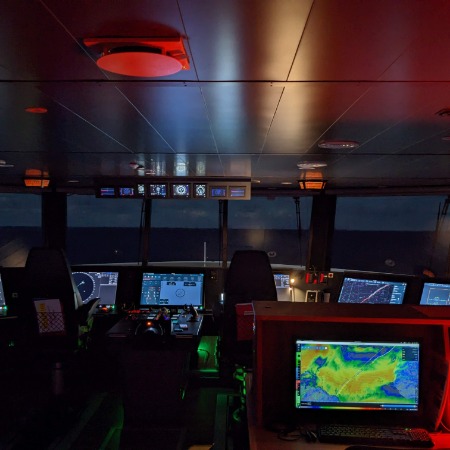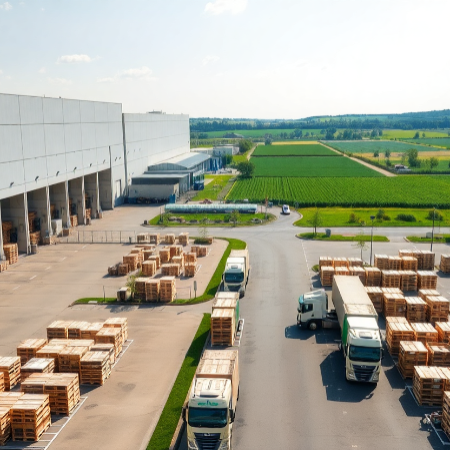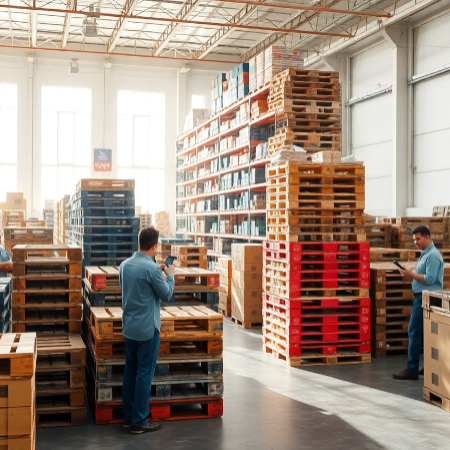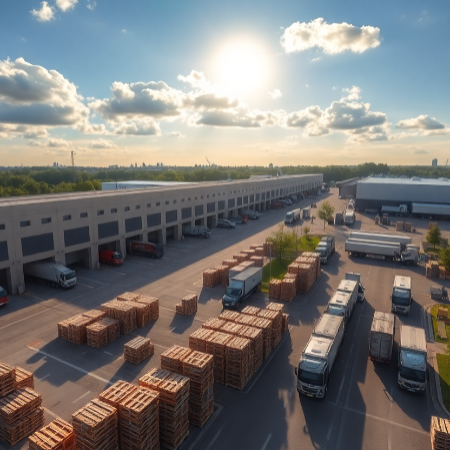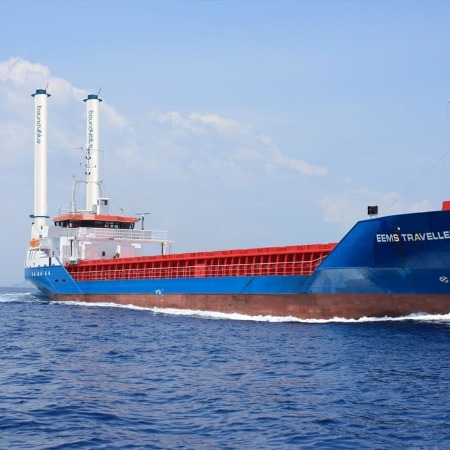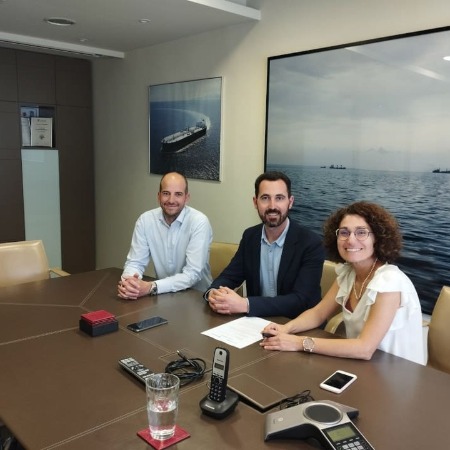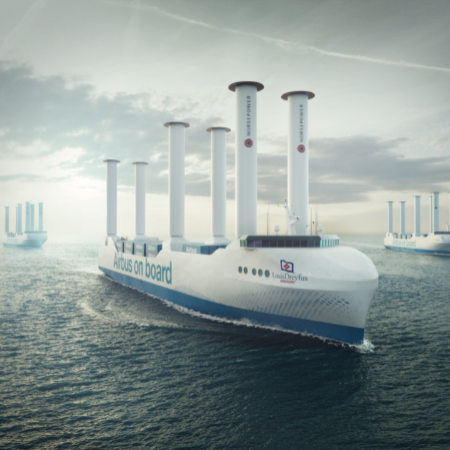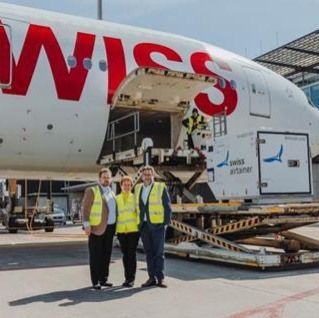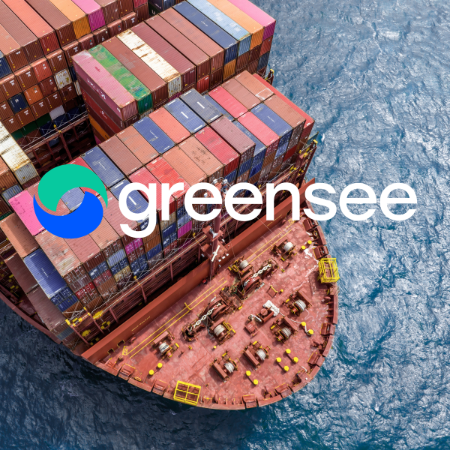01. Benefits
Water transport advantages
- Flexibility and reliability: marine shipping can be used to transport a large consignment of goods to the other end of the world, but it can also be used to send small-format goods on a short distance. Container shipping is a highly flexible and reliable means of transporting cargo, as it can carry dangerous liquid materials as well as solid commodities such as foodstuffs.
- Low cost and large capacity: the first advantage of marine shipping is that it is quite cheap. On the one hand, because container transport requires short handling time. On the other, it is due to the fact that costs related to insurance are low, as maritime transport is safer than other modes of transport. In a nutshell, sea transportation is more competitive because it can carry very large volumes of goods at an affordable price.
- Ecological edge: apart from its economic advantage, it is also the most ecological. In fact, the boat provides lower energy consumption and emissions of products harmful to the environment than land transport or air transport. Maritime transport is and will probably remain for a long time the least polluting mode of transport per tonne of goods transported over long distances.













